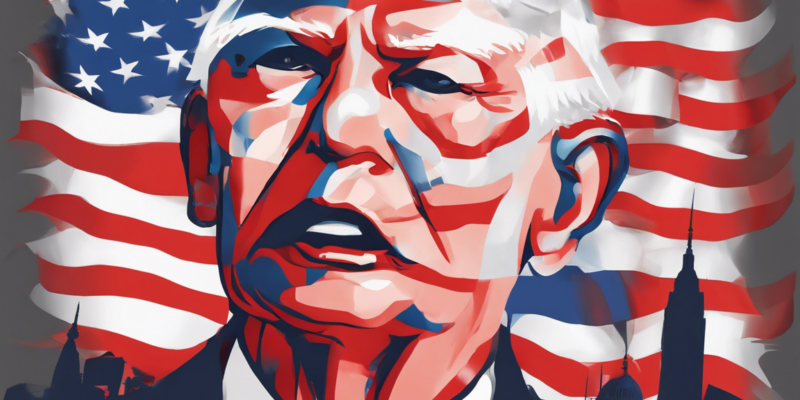
Unpacking the Pros and Cons of One Nation One Election
In recent times, the concept of One Nation One Election has been a topic of much discussion and debate in the Indian political landscape. This proposal suggests that all elections across various levels of government should be synchronized and held simultaneously, rather than the current practice of staggered and frequent elections at the state and national levels. Proponents argue that this move would streamline the election process, reduce campaign expenses, minimize the impact of continuous electioneering on governance, and improve overall efficiency. However, critics raise concerns about constitutional, logistical, and practical challenges that such a massive undertaking would entail. Let’s delve deeper into the pros and cons of One Nation One Election.
Pros of One Nation One Election:
1. Cost-Effective:
- Conducting multiple elections incurs a significant financial burden on the exchequer. Synchronizing elections would help save resources and streamline election-related expenses.
2. Enhanced Governance:
- Frequent elections can disrupt the implementation of policies and schemes as the model code of conduct comes into play. One Nation One Election could lead to better governance with more focus on development activities rather than electioneering.
3. Reduced Polarization:
- Continuous elections often result in political parties resorting to inflammatory rhetoric and tactics to garner votes. Simultaneous elections may reduce polarization and promote issue-based politics.
4. Increased Voter Turnout:
- Long-drawn election processes can lead to voter fatigue and apathy. Synchronized elections might increase voter turnout as all elections would be held at one time, garnering more attention from the electorate.
5. Stable Government:
- With all elections taking place at the same time, the formation of a stable government at both state and national levels could be facilitated, leading to predictability and continuity.
Cons of One Nation One Election:
1. Constitutional Hurdles:
- The Indian Constitution mandates fixed terms for state assemblies and the Lok Sabha. Synchronizing these elections would require constitutional amendments, a complex and time-consuming process.
2. Logistical Challenges:
- Coordinating elections across the diverse and vast Indian landscape poses a significant challenge. Ensuring resources, security, and manpower for simultaneous elections at every level is a logistical nightmare.
3. Dominance of National Issues:
- States with regional concerns and issues might get overshadowed by national agendas in a synchronized election scenario, diluting the representation of local interests.
4. Impact on Federal Structure:
- India’s federal structure allows states a degree of autonomy. One Nation One Election could potentially centralize power, undermining the principles of federalism.
5. Short Campaign Period:
- Parties and candidates may not have sufficient time to reach out to voters and communicate their agendas effectively in a shortened campaign period, which could hinder informed voting.
Frequently Asked Questions (FAQs) about One Nation One Election:
1. What is the main objective of One Nation One Election?
- The primary aim is to streamline the electoral process by holding all elections in the country simultaneously.
2. How would One Nation One Election benefit the country financially?
- Synchronized elections would reduce election-related costs and save resources for both the government and political parties.
3. Are there any successful precedents for One Nation One Election globally?
- Countries like Sweden, South Africa, and Belgium have practiced simultaneous elections at various levels of government.
4. How can One Nation One Election affect the representation of regional and local issues?
- Critics argue that synchronized elections could lead to the overshadowing of regional concerns by national issues, potentially diluting the representation of local interests.
5. Would implementing One Nation One Election require amendments to the Indian Constitution?
- Yes, constitutional amendments would be necessary to synchronize the terms of state assemblies and the Lok Sabha for this proposal to be implemented.
In conclusion, the concept of One Nation One Election presents both advantages and challenges that need to be carefully weighed. While it holds the potential to enhance governance, reduce election expenses, and increase voter turnout, the logistical, constitutional, and federalism-related hurdles cannot be ignored. Any decision regarding the implementation of this proposal must take into account the diverse and complex electoral landscape of India, ensuring that the democratic principles and representation of citizens remain paramount.
